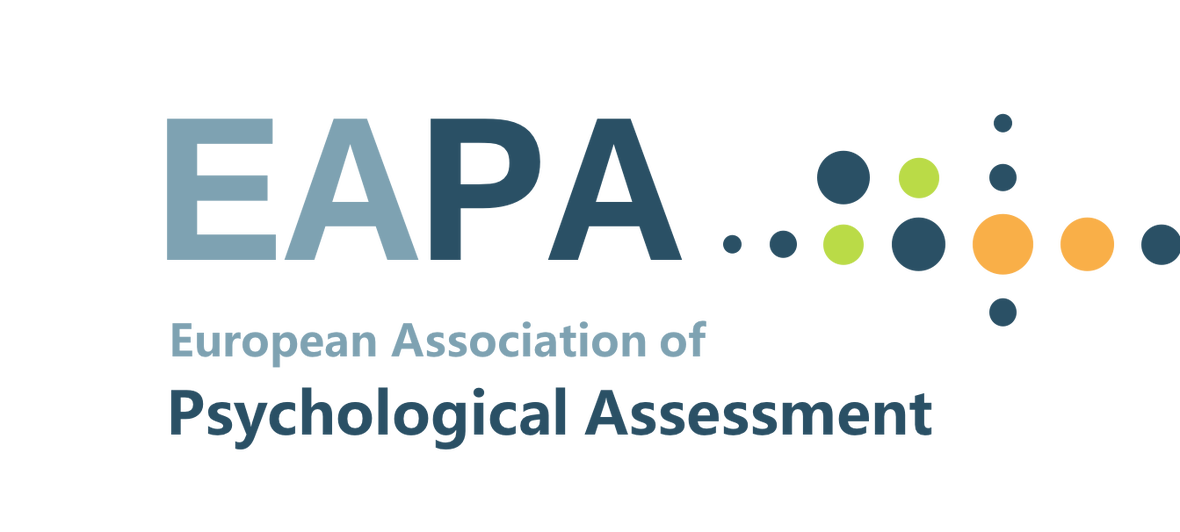Clinical Assessment
EAPA Digital Event 2021
Digital Meeting with the experts: Three new approaches to psychological assessment in clinical psychology
Case formulation and clinical assessment using a transdiagnostic framework (Keynote 1)
Andrew Curreri, Transdiagnostic Treatment and Research Program Center for Anxiety and Related Disorders, Boston University
The past several decades have seen a proliferation of evidence-based, disorder-specific treatment manuals. However, empirical evidence is mounting that supports a transdiagnostic framework for understanding and treating emotional disorders (e.g., anxiety, depressive, and related disorders) irrespective of diagnostic labels. Andrew Curreri, a doctoral student at Boston University, will review transdiagnostic models of psychopathology, describe a case formulation tool that can be used in clinical practice, and highlight advancements in transdiagnostic assessment. Case examples will be used to demonstrate how case formulation can guide treatment planning from a transdiagnostic perspective.
Date: 31 May 2021, 3 p.m (Berlin), 9 a.m. (Boston)
Register: Send email to eapa.online.event@gmail.com and state your name, the event(s) you want to attend and the email address we can contact you with.
The Power Threat Meaning Framework - non-diagnostic assessment (Keynote 2)
Lucy Johnstone, Division of Clinical Psychology, British Psychological Society (BPS), United Kingdom
The Power Threat Meaning Framework is an ambitious attempt to outline a conceptual alternative to psychiatric diagnosis, co-produced with service users and funded by the Division of Clinical Psychology of the British Psychological Society. It has already had an impact within and beyond services in the UK and elsewhere. Dr. Lucy Johnstone, who is one of the lead authors, will outline the principles of the Framework, its central message about the importance of narratives of all kinds as an alternative to diagnostic labels, and the links to wider issues of power, social inequalities and social injustice. She will show how the Framework can be applied in relation to understanding and supporting people in distress and helping to identify the best ways forward.
Date: 31 May 2021, 4 p.m. (Berlin), 3 p.m. (London)
Register: Send email to eapa.online.event@gmail.com and state your name, the event(s) you want to attend and the email address we can contact you with.
The DSM-5 Alternative Model of Personality Disorders (Keynote 3)
Christopher Hopwood, University of California Davis, Personality Assessment Lab, California, USA
The DSM-5 introduced an alternative model of personality disorders to replace the categorical model that had been in the manual since 1980. Although it was not approved by the APA board of trustees, the model tends to be preferred by researchers and clinicians, and reflects significant changes in how personality disorders are conceptualized. A similar, albeit pared down, version of the model was implemented in the ICD-11. In this talk, Dr. Hopwood will discuss the origins and nature of the alternative model, and discuss clinical application and ongoing controversies, highlighting areas in need of further research.
Date: 31 May 2021, 5 p.m (Berlin), 8 a.m (California)
Register: Send email to eapa.online.event@gmail.com and state your name, the event(s) you want to attend and the email address we can contact you with.


